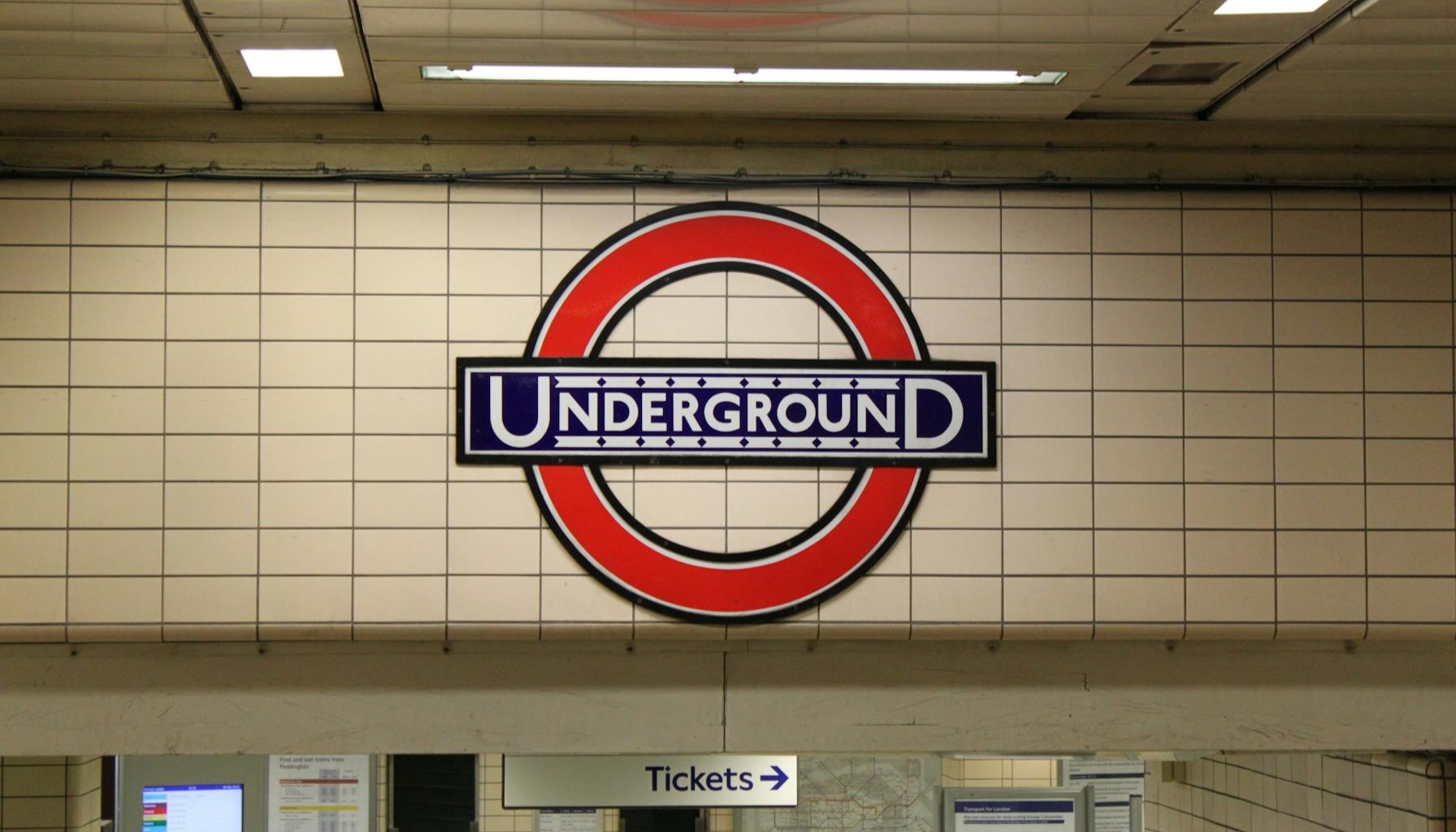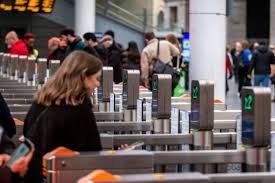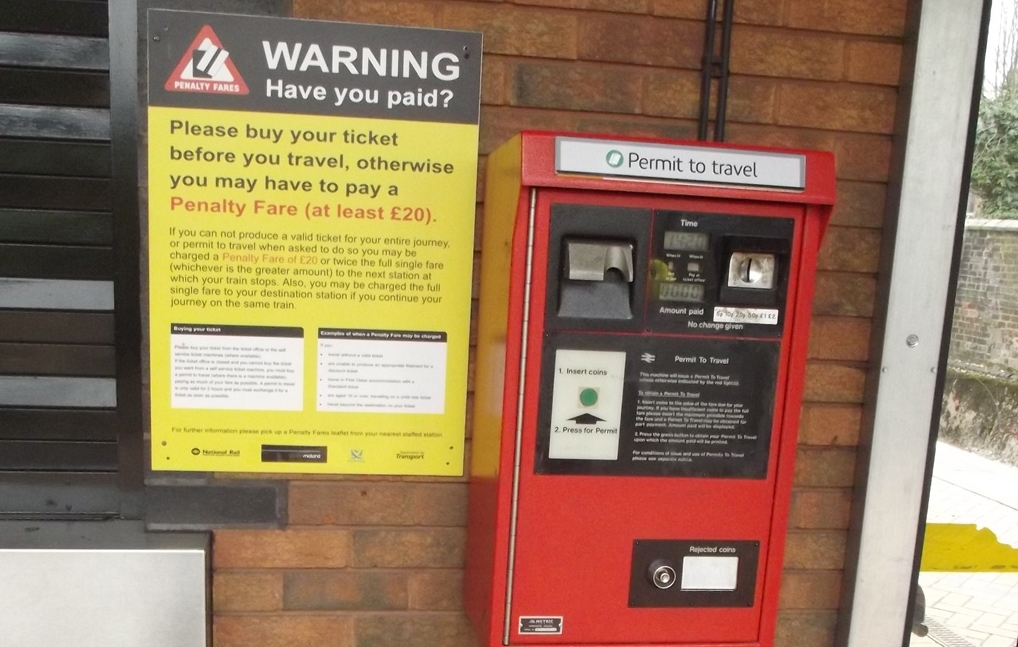Fare evasion might seem like a minor oversight or a momentary lapse in judgement, but UK transport operators treat it as a serious issue. Whether you commute daily by train, occasionally hop on a London bus, or travel between regions by coach, failing to pay the correct fare can lead to substantial penalties, stressful disputes, and even a criminal record in severe cases.
As a solicitor with extensive experience dealing with fare evasion matters, I have seen how easily travellers can get into trouble, often without realising it. This article explores five common mistakes that can turn an innocent journey into a costly legal entanglement. We will also discuss practical ways to avoid these pitfalls, and how professional advice can help if you find yourself facing a penalty fare or a court summons.
1. Overlooking Zone Boundaries and Ticket Validity
Why It Happens
One of the most frequent causes of accidental fare evasion is confusion about zone boundaries or ticket validity. In large cities, such as London, passengers may hold a travelcard for Zones 1-3 but inadvertently travel into Zones 4 or 5. Similarly, day travel tickets may expire earlier in the evening than anticipated, leaving you exposed to a penalty if you continue to ride buses or trains on an invalid pass.
The Consequence
Transport operators consider it the passenger's responsibility to check and purchase the correct ticket for their journey. Travelling beyond the valid zone can lead to an on-the-spot penalty fare, which might escalate to a more serious enforcement action if ignored. Strict liability principles often apply, meaning you could be liable even if you did not intend to break the rules.
How to Avoid It
- Double-Check Your Destination: Before setting off, confirm which zones your journey will cross and match them against your travelcard. If needed, buy an extension or top-up.
- Review Ticket Restrictions: Some off-peak tickets only permit travel after a certain time of day or disallow stops along the route. Carefully read the ticket conditions.
- Keep Proof of Purchase Handy: If a conductor or inspector asks for your ticket, providing evidence of the zone you purchased can prevent misunderstandings.
2. Failing to Tap In or Out Properly
Why It Happens
The UK's contactless and Oyster card systems have simplified travel, until you forget to tap in at the start or neglect to tap out at your destination. A missed tap could cause the system to charge you the maximum fare for the day, or it might register your journey as incomplete. To a Revenue Protection Officer, an incomplete journey can look suspiciously like fare evasion.
The Consequence
If an inspector catches you without a valid tap on your card, you risk receiving a penalty fare notice. In more serious or repeated cases, you could face prosecution. Even if it's an honest mistake, strict liability laws mean you may still be held responsible for not following the required procedure.
How to Avoid It
- Set Reminders: If you frequently forget, set a phone alarm or develop a quick mental checklist, "keys, phone, tap in."
- Check Card Readers: Always wait for the beep or confirmation message. If the machine fails to register your card, try another reader or speak to a staff member immediately.
- Track Journey History: Oyster and contactless payment websites often let you see previous trips. Reviewing your recent history can alert you to any missed taps and allow you to correct issues by contacting customer service.
3. Borrowing or Misusing Another Person's Pass
Why It Happens
It might be tempting to borrow a friend's or family member's season ticket, especially if they're not using it on a particular day. Students, seniors, and travellers with concessionary passes sometimes share them with others to cut travel costs. However, this seemingly innocent swap can lead to severe legal repercussions.
The Consequence
Transport operators classify the use of someone else's ticket as deliberate fare evasion. In some cases, they regard it as fraud. If you are caught, you could face not only a penalty fare but also potential prosecution, especially if inspectors suspect a pattern of misuse.
How to Avoid It
- Always Use Your Own Ticket: Even a single instance of borrowing another person's pass is enough to get flagged.
- Respect Concession Rules: If you have a concessionary pass, do not lend it out. If you do not qualify for a concession, using someone else's is a serious violation.
- Check Names and Photos: Many season tickets and railcards have photo IDs attached. Inspectors will often compare the ticket to your appearance. Having mismatched details is a clear red flag.
4. Ignoring a Penalty Fare Notice
Why It Happens
When you receive a penalty fare notice, it may seem unfair, perhaps you genuinely believe you tapped in, or the inspector misread your situation. Feeling frustration or embarrassment, some people choose to ignore the notice, hoping it will vanish or that the operator will not follow up.
The Consequence
Ignoring a penalty fare notice can escalate matters quickly. Fines may increase, you could be summoned to court, and in the worst-case scenario, you could end up with a criminal conviction if found guilty of persistent fare evasion. Transport operators have specialist teams dedicated to revenue protection, so burying your head in the sand is rarely a successful strategy.
How to Avoid It
- Respond Promptly: Most penalty notices give you a set timeframe, often 21 days, to pay or appeal. Mark this date in your calendar to avoid missing the deadline.
- File an Appeal (If Justified): If you believe the penalty is incorrect, follow the stated appeal process. Provide any evidence, such as receipts or screenshots of attempted payment.
- Seek Legal Advice: If you are overwhelmed or if the penalty fare is substantial, consulting a solicitor can clarify your options, potentially leading to an out-of-court settlement or reduced charge.
5. Travelling Without Backup Evidence or Documentation
Why It Happens
In the rush of daily life, it's easy to hop on a train or bus without taking note of the station's ticket machines or gates. If something goes wrong, like your contactless card not registering, you might lack the proof needed to defend your case. Alternatively, a machine may be out of order, but you forget to document it with a photo or seek alternative ways to pay.
The Consequence
If you can't prove you attempted to purchase the right fare, transport operators often take a hard line, assuming evasion. This frequently leads to penalty fares or allegations of fraud. In court, the burden of proof might not fully rest on them proving your intent, but on you demonstrating your innocence or good faith.
How to Avoid It
- Document Machine Failures: Snap a quick photo if a card reader or ticket machine is broken. Record the machine ID if visible.
- Keep Receipts: Even if you buy tickets online, keep digital copies or screenshots. If you're a frequent traveller, consider storing them in a dedicated folder on your phone.
- Note Staff Interactions: If a staff member advises you incorrectly, write down their name or ID. Having a record of the conversation can help if you later need to challenge a notice.
Seeking Professional Advice
If you do find yourself entangled in a fare dispute, especially if multiple mistakes compound into a serious case, consider consulting a solicitor who specialises in fare evasion law. They can:
- Assess Your Case: Determine whether any procedural errors or mitigating factors exist.
- Represent You in Negotiations: Sometimes, a transport operator will accept a settlement if they see you have professional counsel and valid defences.
- Defend You in Court: If prosecution is unavoidable, legal representation can be pivotal in reducing penalties or avoiding a criminal record.
Early intervention often yields the best results. A simple consultation could clarify whether you have strong grounds to appeal or whether paying the penalty swiftly is your most cost-effective choice.
Conclusion: Mastering Key Strategies to Avoid Common Fare Evasion Pitfalls in the UK
Fare evasion in the UK can lead to hefty fines, court appearances, and lasting legal repercussions if not addressed promptly and correctly. By understanding and sidestepping these 5 common fare evasion mistakes, you greatly reduce your risk of incurring penalties, or even worse, facing prosecution. Always check your ticket's validity and zone coverage, stay on top of your tapping in and out, and keep personal passes strictly for your own use. Remember to respond to any penalty fare notices swiftly, and maintain thorough documentation of your journeys in case a dispute arises. If you ever feel unsure or overwhelmed, seeking professional legal guidance can make a critical difference in achieving a fair outcome and keeping your record clean.



